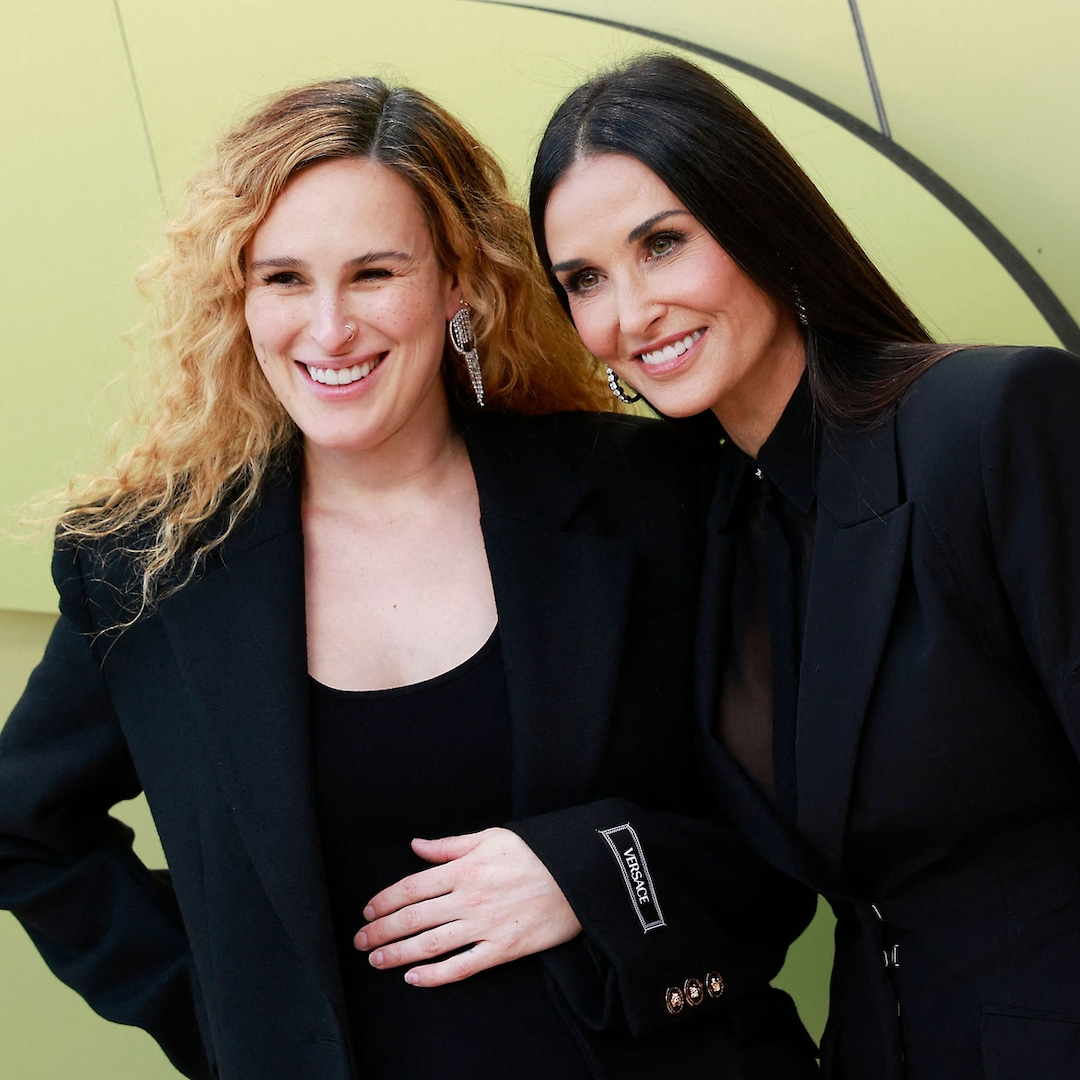Culture
2 Memoirs by Poets – The New York Times

Dear readers,
Not long ago at a book party (yes, they still exist), I fell into conversation with a well-known poet (they also still exist) who told me that, at her editor’s urging, she was hard at work on her memoir.
How’s that going? I asked.
“Oh, I hate it!” she told me merrily. She wasn’t used to writing long: “I want to cut every page down to a paragraph, and every paragraph down to a line. I want to be writing poems.”
Fair enough. Just because somebody excels at one form of language is no guarantee that she will excel at another; in theory, asking a poet to write a memoir makes no more sense than asking a ballerina to play rugby. But some dancers, it turns out, are spectacular in the scrum. Here are two.
—Greg
I’m not sure many people read Sandburg’s poetry nowadays — he stood too much in Whitman’s shadow to cast a long shadow himself, and his folksy colloquialisms and civic boosterism haven’t aged especially well. But for a good part of his lifetime (1878-1967), Sandburg had a fair claim to being the most famous poet in America, more so even than his friendly rival Robert Frost, no matter that history has anointed Frost the winner.
Sandburg wasn’t only a poet: He was also a newspaper columnist and a writer of children’s stories and a popular historian whose biography of Abraham Lincoln in the Civil War won the Pulitzer Prize in 1940. “Prairie-Town Boy” is adapted for middle-grade readers from a memoir he wrote late in life, “Always the Young Strangers,” about his upbringing as the son of Swedish immigrants in the western Illinois plains town of Galesburg, and unlike the slightly musty longer version it has an appealing directness and simplicity that underscore Sandburg’s talent for the vernacular.
There’s an air of American mythology to the young Sandburg’s boyhood — he works on a milk wagon and plays mumble-peg and street-corner baseball; he gets in trouble for swimming in an old brickyard pond — and also to the book’s up-from-the-bootstraps triumphalism, which circles constantly back to Sandburg’s hunger for learning:
“In those years as a boy in that prairie town,” he writes early on, “I got education in scraps and pieces of many kinds, not knowing they were part of my education. I met people in Galesburg who were puzzling to me, and later when I read Shakespeare I found those same people were puzzling to him. I met little wonders of many kinds among animals and plants that never lost their wonder for me, and I found later that these same wonders had a deep interest for Emerson, Thoreau and Walt Whitman. I met superstitions, folk tales and folklore while I was a young spalpeen, ‘a broth of a boy,’ long before I read books about them. All had their part, small or large, in the education I got outside of books and schools.”
Read if you like: “My Ántonia,” Horatio Alger, Woody Guthrie, the “Great Brain” books by John D. Fitzgerald
Available from: Various editions from different publishers are readily found through the usual online channels, but stumbling across it at a Midwestern church rummage sale would be even better
“What You Have Heard Is True: A Memoir of Witness and Resistance,” by Carolyn Forché
Nonfiction, 2019
With five collections across almost 50 years, Forché isn’t the most prolific poet, but when she does have something to say it’s always worth listening to — consider her chilling poem “The Colonel,” which contains the unforgettable image of a military strongman dumping a bag of human ears in front of his dinner guests.
That poem’s first line provides the title for Forché’s memoir, which revisits a series of formative trips she made to El Salvador beginning in 1978, when she was 27 years old and the country was on the verge of civil war. Death squads roamed the land and corpses lay discarded at the side of the road; the book opens with a two-page scene evoking the “sweet, sickening smell” of human death and the discovery of a decapitated torso with its head lying “some distance away, without eyes or lips.” Forché concludes the scene with a sentence that’s characteristically cleareyed and restrained yet shocking in its clinical precision: “On this day, I will learn that the human head weighs about two and a half kilos.”
Her guide on these excursions was the mysterious political activist Leonel Gómez Vides, a coffee farmer who was variously reputed to work on behalf of the C.I.A. or guerilla groups or factions within the military dictatorship. He had recruited Forché to come to El Salvador after she translated some work by his cousin, the poet Claribel Alegría, but his motives for asking are never entirely clear to the reader or to Forché herself. Nevertheless, the experience will shape the rest of her life.
“Listen to me,” Leonel tells her at one point. “You have to be able to see the world as it is, to see how it is put together, and you have to be able to say what you see. And get angry.”
If there is anger in “What You Have Heard Is True,” it simmers rather than seethes; this is no coming-of-rage memoir. But the book is alive with tightly coiled menace and moral urgency, and with the implicit imperative to pay attention.
Read if you like: Graham Greene, Roberto Bolaño, Joan Didion’s “Salvador,” John Hersey’s “Hiroshima”
Available from: Any good bookstore or library; or as an audiobook with Forché herself as the narrator
Why don’t you …
-
Count your blessings, while you read the poet Patricia Lockwood’s hilarious memoir “Priestdaddy” about her larger-than-life father, a married Catholic priest and teacher whose questionable pedagogical methods “included throwing pieces of chalk and keys directly at the heads of his students”? (“Nowadays this would not be allowed,” Lockwood concedes, “but back then parents would actually call him up and thank him for being tough on their awful sons, whom they hated.”)
-
Read A.O. Scott’s close read of Frank O’Hara’s poem “Having a Coke With You,” then do your own deep dive into O’Hara with Brad Gooch’s biography and Ada Calhoun’s memoir “Also a Poet”?
-
Rifle through the poet J.D. McClatchy’s “commonplace book” of literary quotes and miscellany, “Sweet Theft,” which amounts to a memoir of reading other writers?
Thank you for being a subscriber
Plunge further into books at The New York Times or our reading recommendations.
If you’re enjoying what you’re reading, please consider recommending it to others. They can sign up here. Browse all of our subscriber-only newsletters here.
Friendly reminder: check your local library for books! Many libraries allow you to reserve copies online.






















